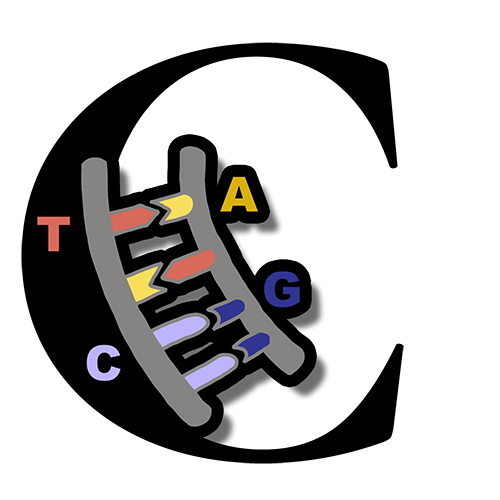CRISPR technology has many potential applications in various fields of science, medicine, agriculture and biotechnology. For example, CRISPR can be used to:
- Correct mutations that cause genetic diseases such as sickle cell anemia, hemophilia or cystic fibrosis.
- Create new varieties of crops that are more resistant to pests, droughts or diseases.
- Develop novel therapies for cancer by modifying immune cells to target tumor cells.
- Study the functions and interactions of genes in different organisms.
- Engineer animals or plants with desirable traits or abilities.
- Explore ethical questions about gene editing such as safety, consent, regulation and social justice.
CRISPR technology is still evolving and improving. It has many advantages over other gene editing methods, such as being cheap, easy, fast and precise. However, it also has some limitations and challenges, such as off-target effects (unintended changes in other parts of the genome), ethical concerns (potential misuse or abuse of the technology), and public acceptance (social and cultural implications of altering life).
CRISPR technology is a fascinating and promising tool that can change the world in many ways. It offers new opportunities for scientific discovery and innovation, as well as new risks and responsibilities. As we learn more about CRISPR and its applications, we should also consider its ethical and social implications, and how we can use it wisely and responsibly.
